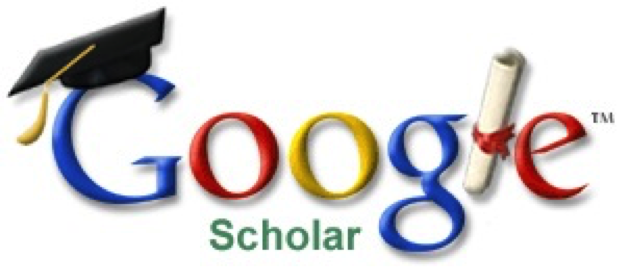THE RULE OF POWER IN WILLIAM GOLDING’S "LORD OF THE FLIES"
DOI:
https://doi.org/10.46991/AFA/2023.19.1.158Keywords:
survival, human nature, social system, democracy, dictatorship, civilization, MessiahAbstract
The rule of power is the concept around which William Golding’s Nobel Prize Winner novel Lord of the Flies turns. It is Golding’s literary masterpiece which is translated into more than 30 languages and hailed as one of the classics of the 20th century. The novel which tells the story of a group of young boys who find themselves alone on a deserted island, develop rules and a system of organization, but without any adults to serve as a civilizing impulse. The children eventually become violent and brutal. In the context of the novel, the tale of the boys’ descent into chaos suggests that human nature is fundamentally savage. Accordingly, Golding’s boys keep on fighting and choosing one leader after another making their choices depend on the most powerful boy among them all to rule.
William Golding himself, as an allied officer who fought in World War II, experienced the destructive effect of the war first-person. After this devastation he witnessed, he published his first novel Lord of the Flies, which symbolically expressed his thoughts on human nature, rule of power, and the constant conflict between the good and evil. The aim of this article is to reveal the fact that according to Golding in the conflict between the good and evil, man’s nature tends more toward savagery and evil. The methodology used includes basic criticism regarding the concept of good versing evil in the human nature according to philosophy as well as religion. The hypothesis that the article rests upon points out that although human beings might try to act in a good manner, yet they are often heartless evils. Thus, a human being is always in need of social rules to be tamed and is always ready to worship something/someone stronger than himself/herself until he/she is saved by the “Messiah”.
Downloads
References
Abhenanada, S. (1899, November 19). The philosophy of good and evil. New York: Vedanta Society.
About William Golding. (n.d.). In William Golding. Retrieved Janiuary 12, 2023.
Atomic bombings of Hiroshima and Nagasaki. (n.d.). In Encyclopedia Britannica. Retrieved February 21, 2023.
British Empire in World War II. (n.d.). In Wikipedia. Retrieved February 06, 2023.
Golding, W. (1965). The Hot gates and other occasional pieces. London: Faber and Faber.
Lloyd, S.A. (2001). Special issue on recent work on the moral and political philosophy of Thomas Hobbes. Pacific Philosophical Quarterly, 82, 285-308
Philosophers and scientists views on humans good and evil. (2022, February 17). Edubirdie. Retrieved May 16, 2023, Retrieved January 10, 2023, from https://edubirdie.com/examples/philosophers-and-scientists-views-on-humans-good-and-evil/
Sharma, B. (2017). Human evil and power politics: a study with reference to Lord of the flies. Smart Moves Journal IJELLH, 5(10), 12. Retrieved February15, 2023.
Tore, F., & Sture, A. (1993). Nobel lectures, Literature 1981-1990. Singapore: World Scientific Publishing Co.
White G., M. (2021, January 8). Lord of the flies symbolism in simple terms. Your Dictionary: Books and Literature. Retrieved February 06, 2023.
–1952: The early cold war. (n.d.). In The Office of the Historian. Retrieved January 10, 2023.
Sources of Data
Golding, W. (1980). Lord of the flies. London-Boston: Faber and Faber Ltd.
Downloads
Published
Issue
Section
License
Copyright (c) 2023 Author(s)

This work is licensed under a Creative Commons Attribution-NonCommercial 4.0 International License.













